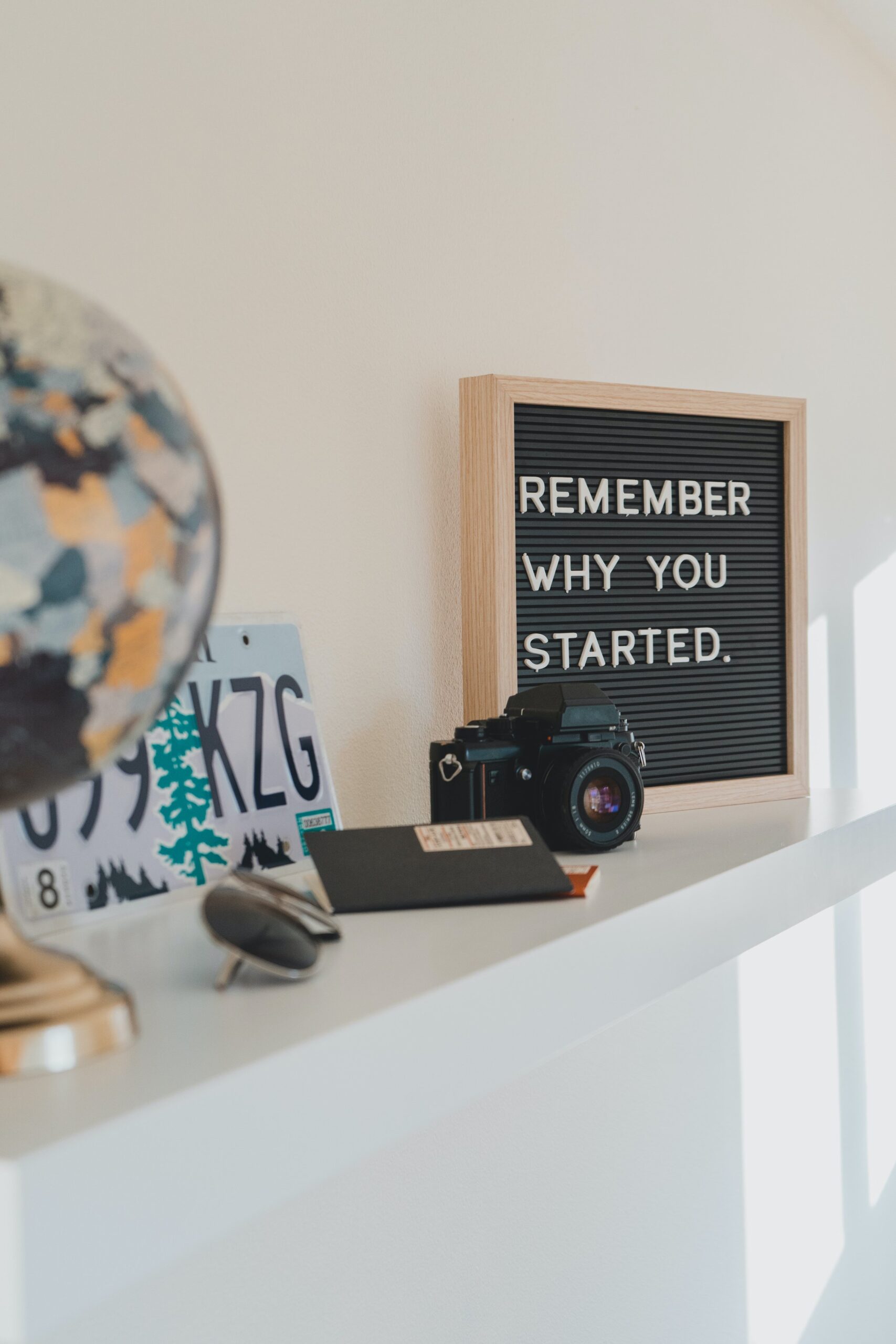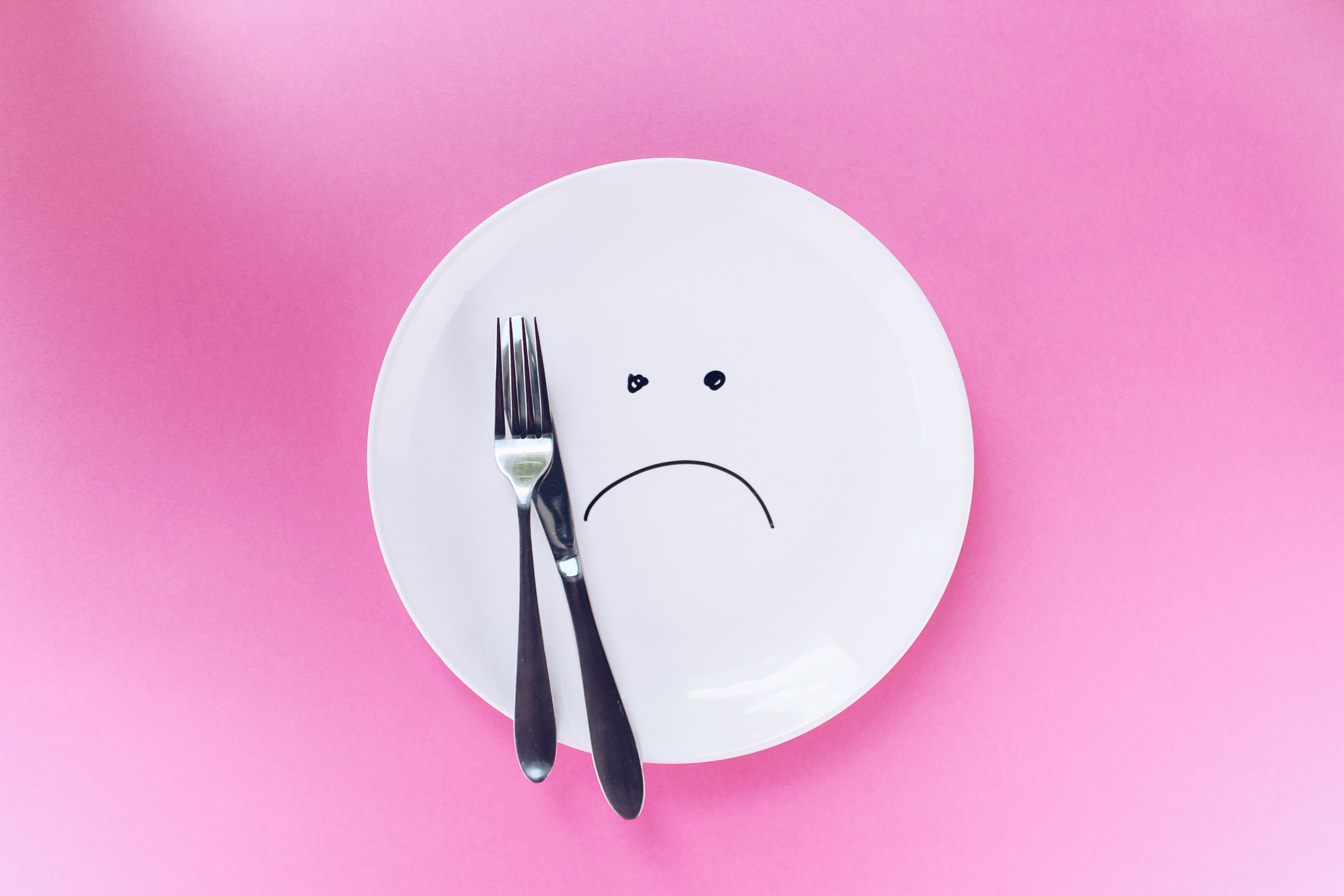Lifestyle

This may be your first year, this may be your third, regardless, it is very common for people in college to experience stress and anxiety. Is this the first time you are living away from home, or far away from home? Do you feel isolated, overwhelmed from all of your deadlines, and pulling late nights? Many factors can impact how you function and feel each day and college is an environment that presents a lot of different factors to make you feel that way. Transitioning from high school to college is difficult as is. The culture is different, the schedules are different, and it can be easier to let things pile up and prioritize other things, like friends, parties, or work.

If you are someone on a journey to learn more about your eating habits, in recovery from an eating disorder, or someone genuinely interested, this blog will discuss what intuitive eating is. Diet culture can be a difficult approach towards someone’s weight loss goals. It often cycles between restriction and exercise which can put someone at risk to develop disordered eating or an eating disorder. This mindset of a transaction and “bad” food items to be earned through restriction, exercise, or calorie counting can be an unhealthy mindset towards someone’s overall wellbeing. Our body is an amazing tool and vessel. Sometimes we can ignore what it is telling us it may need. Intuitive eating is an approach to shift our focus from what we know, towards a healthier relationship with food. Not one filled with anxiety, stress, guilt, sadness, and shame if we have a donut, or “ate horribly today”. Intuitive eating is an anti-diet approach where you are more mindful and connected with your body as it tells you what it needs. Through this, you learn not to judge yourself or listen to diet culture tones. Our body tells us when it is hungry, when it is thirsty, when it is starving, and what is satisfying.

Video games have frequently been portrayed in the media as, at best, a “waste of time”, and at worst, harmful to those who play them. However, there has been an increasing amount of research that not only contradicts these claims, but identifies numerous benefits of playing video games. Another common misconception of video games is that it is for children, particularly male children; however, the people who play video games has continued to become an increasingly diverse group. The age of the average video game player is 35 and it is estimated that approximately 59% of those who play video games are male and 41% are female (Halbrook, O’Donell & Mstefi 2019).

Motivation is what pushes us to do and accomplish both the things we want and need to do, from going to school or work, to spending time with friends and loved ones, spending our time enjoying our hobbies. Many times, our motivation is not something we are consciously aware of, especially when it comes to thinking how we are motivated. There are two main different types of motivation: extrinsic and intrinsic.

In the mental health field, we focus on ways in which we can feel better by learning effective coping skills to alleviate mental distress. Often enough, we don’t take into consideration how the food we eat impacts not only our physical health, but also our mental wellbeing. Therefore the question is, does our diet affect how we feel emotionally? The answer is an astounding YES!!!

Why is sleep so important? Sleep is a critical aspect of our overall wellbeing both physically & mentally. There are two major phases of brain activity during sleep that we cycle through every night. These are called Non-Rapid Eye Movement (NREM) & Rapid Eye Movement (REM). During NREM sleep, the brain slows down which results in decreased eye movement & muscle activity. This is when the brain is preparing the mind & body to enter into a state of deep sleep. About 1-2 hours after NREM, we enter into REM sleep. This is when activity in the brain increases at a rapid speed & usually results in vivid dreaming! Throughout the night we go in & out of these two phases of sleep.

One of the things that distress people struggling with mental health challenges like anxiety and depression is the inability to make a decision or sometimes feeling like they do not know what it is they want in a given situation. This can cause much distress and make undesirable situations even more difficult. There are many insight-building strategies that help people clarify what is important to them and what choices they want to make. In this blog, we will be going over one of those strategies in the form of a four-square pros and cons exercise. This is inspired by that from Dialectical Behavioral Therapy but includes a few differences. This exercise is designed to help you access your wisdom regarding a particular choice. Please keep in mind that when using this exercise, each time it is used it is used for the positive statement of a choice, and then the negative statement of the choice. For example, this tool would be done with statements such as “attending my friend’s birthday party” and “not attending my friend’s birthday party” instead of 2 different statements such as “Attending my friend’s birthday party” and “Going to the mall”. Now, let’s review more about how this exercise is used.

As therapists, an important part of what we provide to our clients is coaching and education on coping skills. This term is used a lot to describe a growing set of cognitive, behavioral, and/or emotional tools that allow for mood management and overall increasing quality of life by building new habits and responses to one’s environment. When people hear the term coping skills they may envision someone taking slow deep breaths or going for a walk outside. These are examples of fantastic skills to use and regularly help many people. However, some people, including some of those who seek therapeutic services, can perceive the idea of coping skills as a waste of time or “not real therapy”. These are sometimes folks who struggle with buying into their own influence over their daily lives or simply struggle profoundly with motivation. No matter what the reason, if one sees new and effective ways of coping with daily life stressors as valuable, then this can make treatment very difficult.

Diet culture can be harmful and put you at risk for developing an eating disorder or form disordered eating habits. Diet culture is a pervasive belief that appearance and body shape are more important than physical, psychological, and general well-being. It is more of an idea that if you can control your body, and more importantly your diet, this is normal. Diet’s emphasize limiting what and how much you eat, it can lead you to count calories or choose low fat and low carb options. You can develop more attention towards weighing yourself frequently and if you don’t reach your weight loss goals or gain weight, this can negatively impact your mood and motivation. Diet culture normalizes labeling food as good or bad and thinking it is more of a transaction. This means, you either earn it or don’t deserve it depending on how much you have exercised or how you have eaten that day or week so far. Beyond this, it can extend to labeling yourself as good or bad for eating some of these foods.

Body neutrality is a movement and approach to redefine our values and standards of ourselves, shed the pressures of societal beauty standards, and love ourselves in an entirely new way, not on appearance, but function. We can learn more about ourselves and focus on acceptance of ourselves, without an inherent focus on our bodies. Below are a few ways to move toward a body neutrality stance toward ourselves: